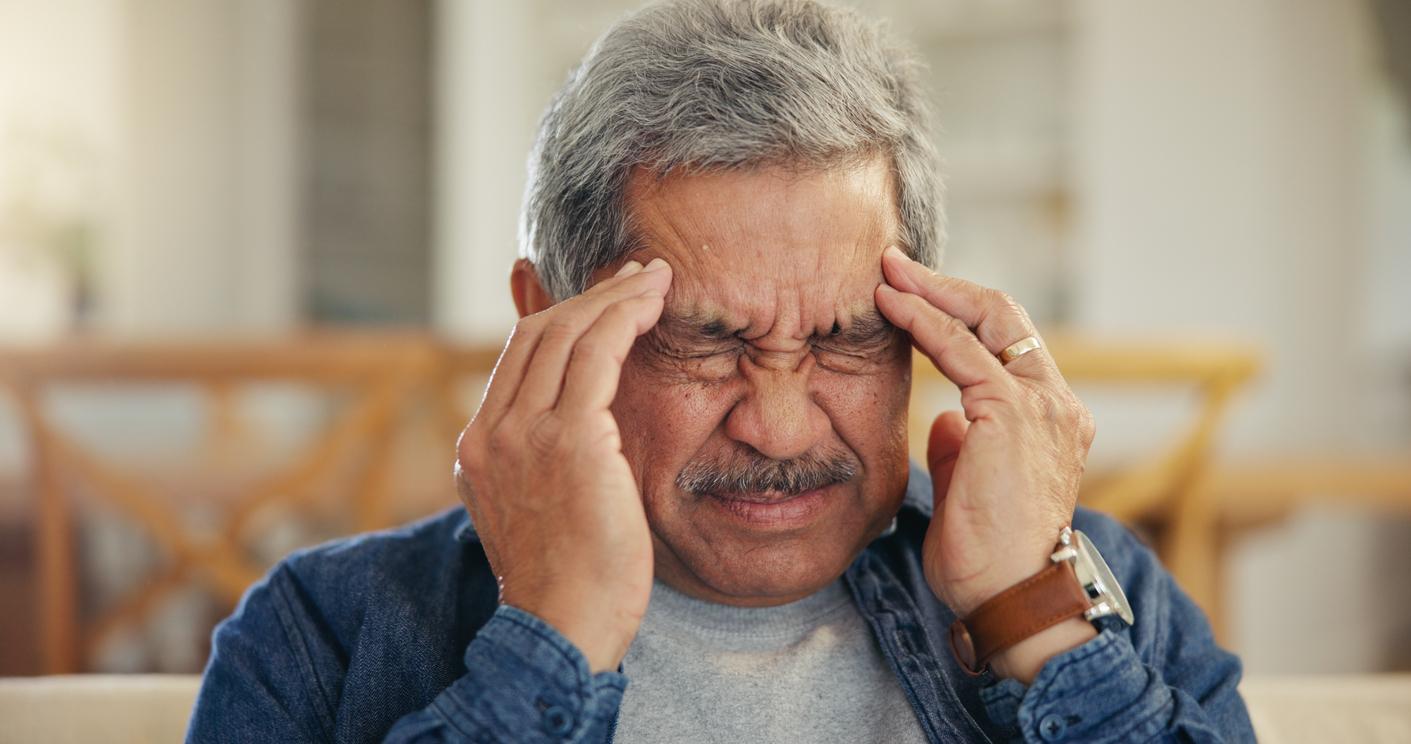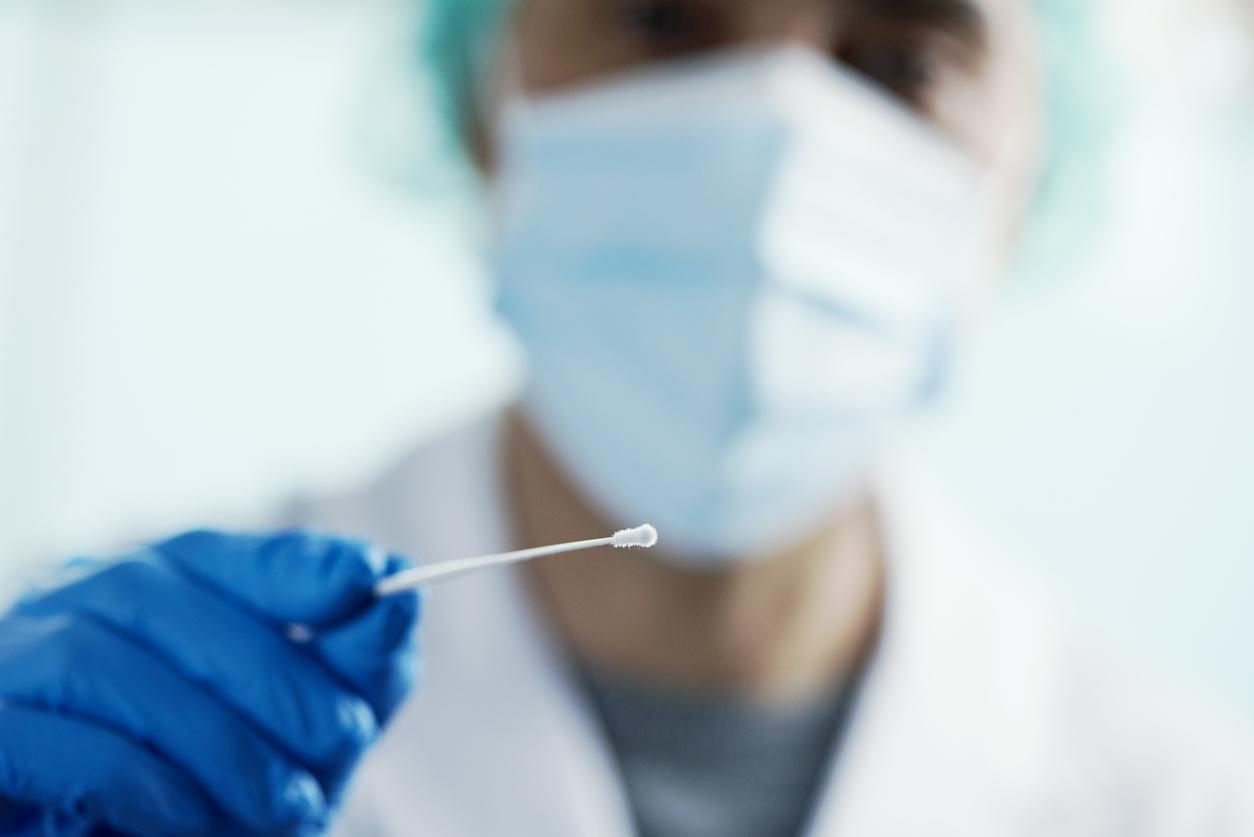Adding chilli to dishes would train the senses of patients infected with Covid-19 suffering from loss of smell (anosmia) and taste (ageusia).

- 13% of people infected with Omicron suffer from anosmia, or a loss of smell.
- Olfactory rehabilitation is essential and remains the only treatment that has proven its effectiveness in post-Covid anosmia, according to the High Authority for Health.
We know that the reduction or temporary loss of taste and smell is one of the frequent side effects of Covid-19 infection. This loss of the ability to smell and taste the flavors of food leads to decreased enjoyment and quality of life.
Chilli is a flavor enhancer
Recently, researchers have focused on the mechanisms by which different variants of Covid-19 affect the parts of the brain that respond to smell and taste, and it turns out that chili peppers could prove useful in stimulating them! According to Danish experts, the consumption and olfactory training of foods, such as chili, could be useful in activating the senses of patients when their sense of smell is no longer quite in tune. According to a study conducted among 2,000 people with Covid-19, 43% of patients increased the amount of chili and other spices they added to their dishes to amplify the flavor.
As a reminder, peppers contain capsaicin. It is an alkaloidalkaloid that we react to because we have a family of receptors in the sensory nerves that line the epithelial layers. These receptors transmit signals to our brain. When we eat a pepper, the release of capsaicin on the tongue generates a sensation that ranges from a slight tingling to searing heat, depending on our degree of adaptation. Our brain interprets this sensation as both pain and excessive heat. By increasing our consumption of chilli, the response to capsaicin receptors gradually adapts and we develop a greater tolerance.
Loss of smell can last for a long time
“The olfactory mucosa is a small region of 2 to 3 cm² present in the upper part of the nasal cavity which contains different types of cells including the olfactory neurons, which are the receptors of odors, and the support cells, which ensure the structure of the mucosa. The latter carry ACE2 receptors on which SARS-CoV-2 attaches to infect them. The virus then causes the death of these cells and, indirectly, the destruction of olfactory neurons“, indicates theInserm.
Although this effect eventually recovers in most people, it can persist long after illness. According to an Inserm study, conducted among 3,111 people who had been diagnosed with Covid-19, one in five participants said they had recovered all of their olfactory abilities within an average of 16 days after the onset of the infection. But a delay of 3 to 6 months was necessary for a handful of them. In the rest of the cohort, nearly half of the participants presented with persistent disorders, which had lasted for 1 to 10 months.


















